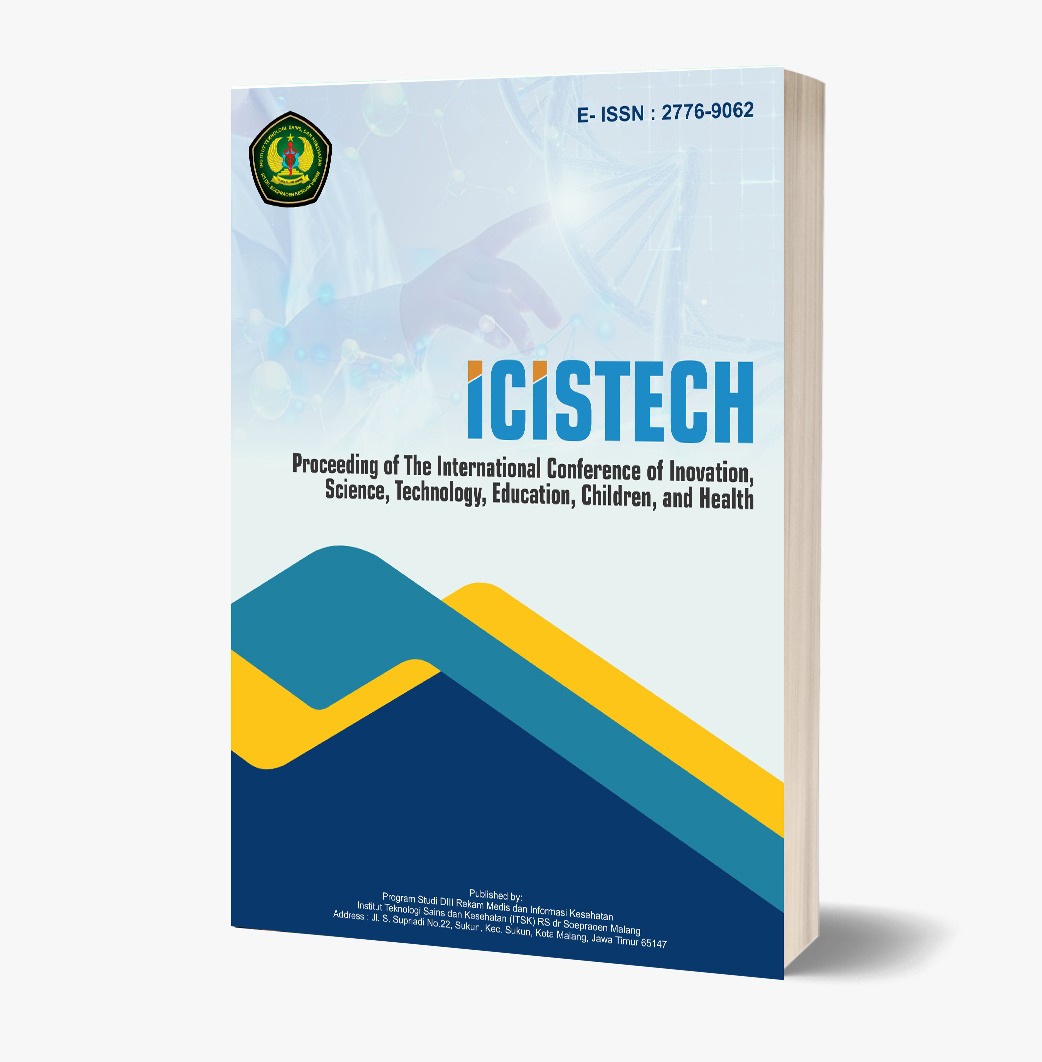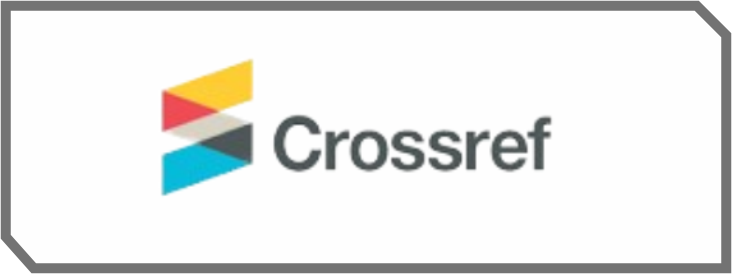Implementation Of The Group Investigation Model To Improve Learning Outcomes Of 6th Grade Students On Islamic Cultural History Material At MI PSM Gedoro
DOI:
https://doi.org/10.62951/icistech.v4i2.95Keywords:
Group Investigation Model, Islamic Cultural History, Learning Outcomes, MI PSM GedoroAbstract
Islamic Cultural History lessons at MI PSM Gedoro often face challenges in increasing student engagement due to being perceived as boring. To address this issue, this study applies the "Group Investigation" (GI) learning model, which aims to encourage teamwork, concentration, peer communication, and cognitive development. In the GI model, students work together to complete learning tasks, such as drawing conclusions or communicating their findings. Through GI, students are given the opportunity to actively seek information, discuss, and collaborate with their group members. The selection of the "Group Investigation" learning model for Islamic Cultural History aims to capture students' attention while working on practice questions, train them to think critically, increase their agility, review previously learned material, understand the content more deeply, and build good cooperation among peers. Classroom Action Research (CAR) is used as the research methodology. Results from the first cycle showed that 86.95% of students scored above 75, which increased to 95.65% in the second cycle. This indicates that the "Group Investigation" learning model effectively improves student engagement and learning outcomes.
References
Agustang, A., Mutiara, I. A., & Asrifan, A. (2020). Masalah pendidikan di Indonesia. 0–19.
Ahmadiyanto. (2016). Meningkatkan aktivitas dan hasil belajar siswa menggunakan media pembelajaran Ko-Ruf-Si (Kotak Huruf Edukasi) berbasis word square pada materi kedaulatan rakyat dan sistem pemerintahan di Indonesia kelas VIIIc SMP Negeri 1 Lampihong tahun pelajaran 2014/2015. Jurnal Pendidikan Kewarganegaraan, 6(2), 980–993. http://ppjp.ulm.ac.id/jpournal/index.php/pkn/article/view/2326/2034
Astutik, S., Prihndono, T., & Rahayu, T. M. (2017). Model pembelajaran kooperatif tipe group investigation berbasis observasi gejala fisik pada pembelajaran IPA-fisika di SMP. Jurnal Pembelajaran Fisika, 6(1).
Hajri, M. F. (2023). Pendidikan Islam di era digital: Tantangan dan peluang pada abad 21. AL-MIKRAJ Jurnal Studi Islam dan Humaniora, 4(1), 33–41.
Iverson, B. L., & Dervan, P. B. (n.d.). Penerapan metode pembelajaran diskusi untuk meningkatkan hasil belajar siswa kelas V SDN Inpres Pandaluk pada materi gaya gravitasi. Jurnal Kreatif Tadulako Online, 2(3), 7823–30. https://ejournal.stkipbudidaya.ac.id/index.php/jc/article/view/517
Lubis, D. M. R., Sulastri, A., & Uliyanti, E. (2021). Strategi pembelajaran sejarah kebudayaan Islam. Islamic Education, 1(2), 68–73. https://doi.org/10.57251/ie.v1i2.72
Pratimi, A. Z., Suhartono, & Salimi, M. (2019). Penerapan model pembelajaran group investigation untuk meningkatkan hasil belajar ilmu pengetahuan sosial. Harmoni Sosial: Jurnal Pendidikan IPS, 6(2).
Sanjani, M. A. (2021). Pentingnya strategi pembelajaran yang tepat bagi siswa. Jurnal Serunai Administrasi Pendidikan, 10(2), 34. https://ejournal.stkipbudidaya.ac.id/index.php/jc/article/view/517
Sulastri, A., Sugiyono, & Uliyanti, E. (n.d.). Peningkatan hasil belajar siswa dalam pembelajaran ilmu pengetahuan alam dengan menggunakan media gambar di kelas III.
Wicaksono, D., & Iswan. (2019). Upaya meningkatkan hasil belajar peserta didik melalui penerapan model pembelajaran berbasis masalah di kelas IV Sekolah Dasar Muhammadiyah 12 Pamulang, Banten. Jurnal Ilmiah PGSD, 3(2), 111–126.
Downloads
Published
How to Cite
Issue
Section
License
Copyright (c) 2024 Proceeding of The International Conference of Inovation, Science, Technology, Education, Children, and Health

This work is licensed under a Creative Commons Attribution-ShareAlike 4.0 International License.













